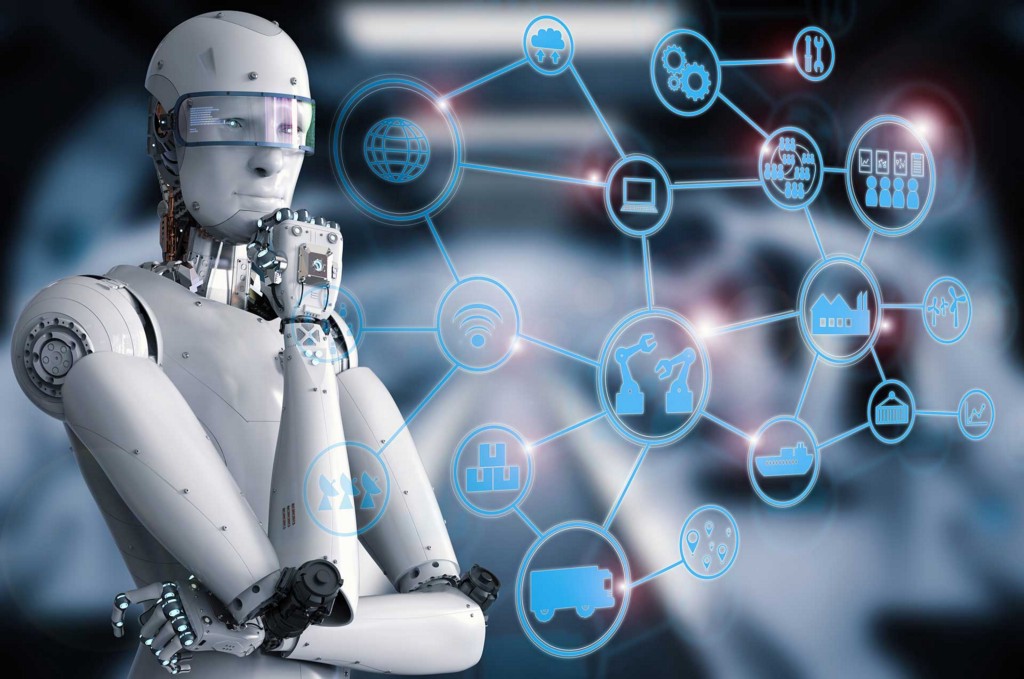Technology Trends for a Sustainable Future
In the pursuit of a sustainable future, technology plays a pivotal role in addressing the pressing global challenges of climate change, resource scarcity, and environmental degradation. Several key technology trends are emerging as powerful tools to drive sustainability and foster a harmonious relationship between humanity and the planet. Renewable Energy: Transitioning to renewable energy sources such as solar, wind, and hydroelectric power is at the forefront of the sustainability agenda. Advancements in photovoltaic technology, energy storage solutions, and grid management are making renewable energy more accessible and affordable. Distributed energy systems, microgrids, and smart grids are enhancing the reliability and efficiency of clean energy production and distribution. Carbon Capture and Utilization CCU: Technologies for capturing and utilizing carbon emissions from industrial processes and power generation are critical for achieving net-zero emissions. CCU methods include carbon capture and storage CCS, which prevents carbon dioxide from entering the atmosphere, and carbon utilization, where CO2 is converted into valuable products such as fuels and building materials.
Electric Mobility: The electrification of transportation is reducing greenhouse gas emissions and air pollution. Electric vehicles EVs are becoming increasingly popular due to improvements in battery technology, charging infrastructure, and affordability. Additionally, the development of autonomous vehicles and shared mobility services promises to optimize transportation systems and reduce traffic congestion, further benefiting the environment. Circular Economy: The shift towards a circular economy model is minimizing waste and conserving resources. Advanced recycling technologies, like chemical recycling and biodegradable materials, are transforming how products are designed, manufactured, and disposed of. Extending the lifespan of products through repair, refurbishment, and reuse is becoming a sustainable norm. Artificial Intelligence AI and Data Analytics: AI and data analytics are empowering industries to optimize resource usage and reduce environmental impact.

As these trends continue to evolve, they hold the potential to create a more sustainable and resilient planet for future generations, provided that they are adopted widely and responsibly. Collaboration between governments, industries, and individuals will be key to harnessing the full potential of these technologies for a more sustainable and prosperous future. Machine learning algorithms are enhancing energy efficiency in buildings, predicting weather patterns for renewable energy optimization, and enabling precision agriculture. AI-driven supply chain optimization can reduce waste and improve resource management. Blockchain for Sustainability: Blockchain technology is being harnessed to enhance transparency and traceability in supply chains, particularly in industries like food and fashion. This ensures that products are sourced sustainably, with reduced environmental and social impacts. Blockchain can also enable decentralized energy grids, fostering energy sharing and reducing waste in energy distribution. Biotechnology and Sustainable Agriculture: Innovations in biotechnology are revolutionizing agriculture by enabling the development of drought-resistant crops, environmentally friendly pest control, and sustainable farming practices. Vertical farming and aquaponics are increasing food production efficiency while minimizing land and water usage.
